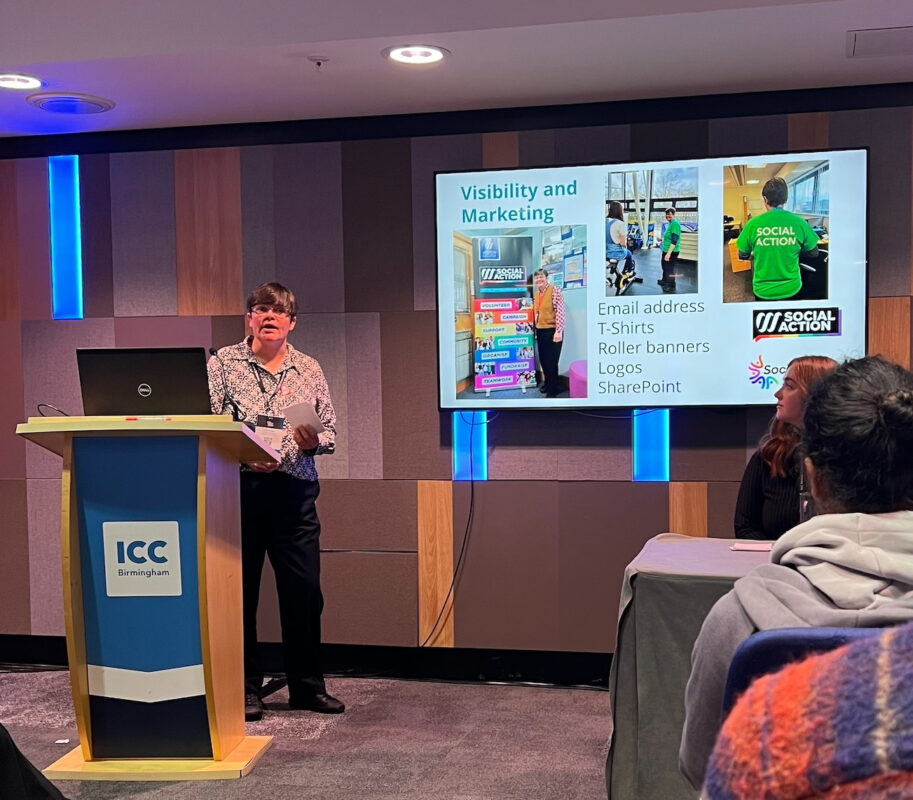One in three workers on the move for better pay as the cost-of-living crisis tightens its grip

- Reed.co.uk research finds that one-in-three (33%) workers have applied for or have considered applying for a new job.
- The majority of workers (65%) have changed job seeking priorities as a result of the cost-of-living crisis, with a salary increase becoming a more common priority for workers (34%).
- One-in-five workers (22%) will look for a new job in the near future
New research by Reed.co.uk, one of the UK’s leading jobs and careers sites, has found that one-in-three workers (33%) have applied for, or have considered applying for a new job, with the cost-of-living crisis significantly impacting the priorities of the majority of workers (65%).
With a further one in five (22%) revealing intentions to begin job hunting – over half of all workers (55%) are actively job-seeking or considering looking for a new job. The survey explored the opinions of over 2,000 workers to discover the key drivers pulling them towards the job market.
As a result of the cost-of-living crisis, securing a salary increase has increased in importance for one-in three workers (34%), representing the primary motivator for changing jobs. A further 17% said the rising cost-of-living increase had made better work-from-home opportunities more of a priority, followed by 14% seeking enhanced career progression and training.
Amongst active jobseekers, Reed.co.uk’s data shows that women (30%) are more motivated by a salary increase than men (27%), and younger workers – those aged between 18-34 – are also more likely to be tempted to change job to secure a salary increase than other generations (45% compared to the 29% average).
For employers concerned about staff retention, a salary increase is the most meaningful action an employer can take to retain employees, according to half (50%) of all workers. Meanwhile, a similar number of workers (47%) cited low salaries as the reason they’d want to leave their current employer
A further two out of five (40%) indicated they would be willing to stay with their current employer if a better salary counter offer was made, reinforcing the idea that money is the key motivation for workers during the current cost-of-living crisis.
The survey reveals that employers can secure the loyalty of some workers for moderate sums. For workers aged 55-64 and 65+, most (32% and 38% respectively) said salary increases of less than £1,000 would be enough to convince them to stay. However, for workers aged 18-34 and 35-44, a salary bump of between £2,500 – £4,900 was needed by most (33% and 30% respectively) to warrant continuing with their current employer.
James Reed, Chairman of Reed.co.uk, comments:
“Due to runaway inflation currently at 9.4% and outstripping wage increases across many industries, millions will be on the move from this September onwards to secure a pay bump.
“Although the current economic landscape is challenging, amidst warnings of a looming recession from the Bank of England, UK workers should feel empowered to capitalise on the current labour market which continues to show high volumes of jobs being created.
“However, with inflation potentially rising to 13%, it could increasingly feel like workers are chasing after a galloping horse, with some workers having to take on a second or third job to keep up with the soaring cost-of-living increases. This could lead to a two-speed workforce with workers in some sectors falling behind others.
“It’s a tough situation where very few are benefiting, including employers who are facing a higher turnover of candidates than you’d typically expect in August with over 50% of workers considering a move.
“For employers, a failure to proactively ensure salary packages reflect current inflationary increases will have a significant impact on their business’s ability to attract and retain staff. Understandably, many may not feel in a financial position to deliver significant increases in pay. However, offering desired pay rises costs less than replacing workers and our research shows that the vast majority of candidates (87%) are poised to accept a counter offer from their current employer provided it meets expectations.
“During these challenging times, it’s clear that many workers – particularly those feeling the pinch from the cost-of-living crisis – deserve a pay rise. For most, the best way could be to secure a new job.”











Responses